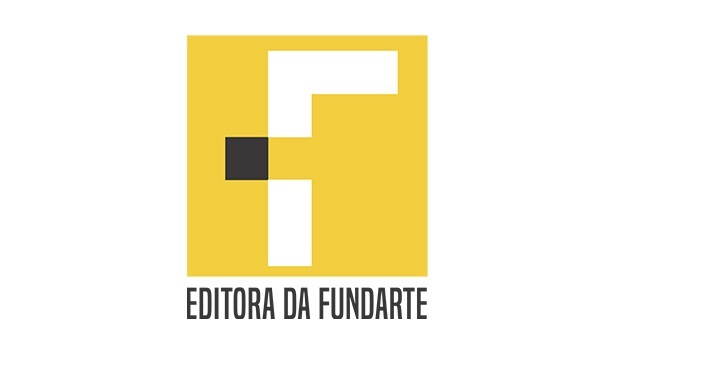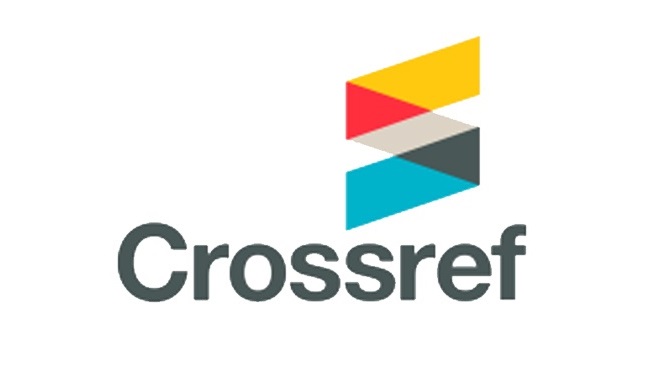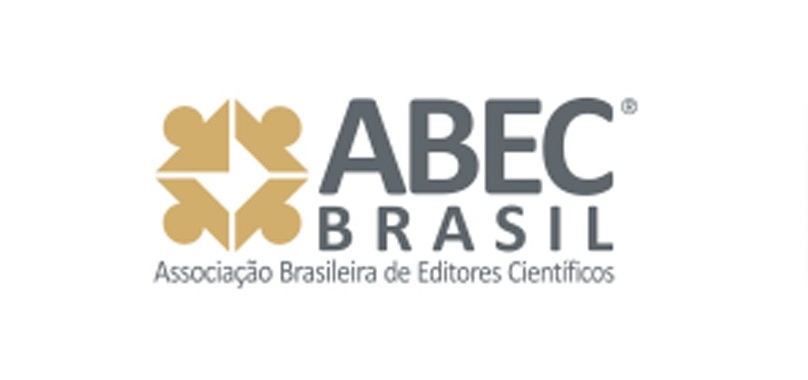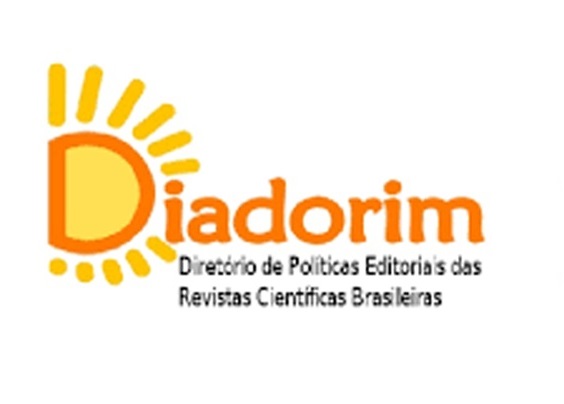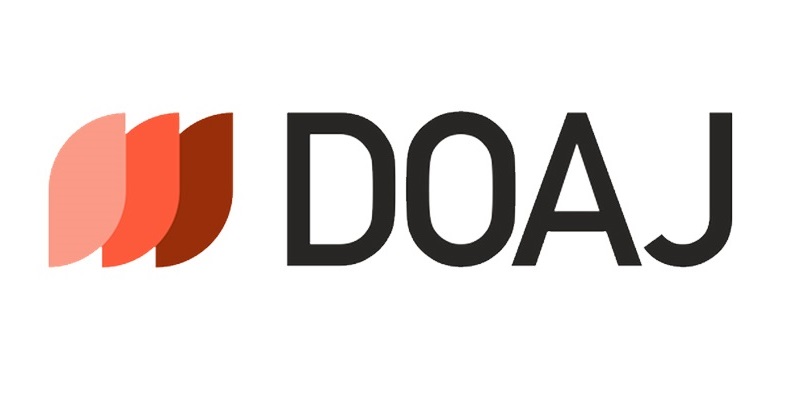Spaces to circumscribe the search
An imaginative exercise to investigate singularities
DOI:
https://doi.org/10.19179/rdf.v51i51.1124Keywords:
Singularity, Arts Research, Writing Strategies and ProceduresAbstract
This text emanates from the singularity of its author as a set of actions that depart from its strategies and its creation procedures in the development of its own scenic poetics. It is completed in a writing that aims to preserve the subjective occurrences of its elaboration process, being also creative. This text chews on ideas (Joyce, 2012) and raises spaces (Perec, 2001) from the investigation of known points (Tavares, 2021) in an imagined conversation between the author and the person who reads. A way of writing about the poetics of singularities is sought from a thought that moves subjectively, just like the flow inherent to creative processes enlivened by experience and that guide the ideas exposed in this imaginative exercise. Thus, the writing performed here seeks resonances in those who, eventually, will be able to read this text.
References
ABBAGNANNO, Nicola. Dicionário de Filosofia. Tradução da 1ª edição: Alfredo Bosi. Revisão da tradução e tradução dos novos textos: Ivone Castilho Benedetti. 6ª edição. São Paulo: Editora WMF Martins Fontes, 2012.
CARRARO, Gílian. Como vivo. Poema não-publicado. (1966-2002).
JOYCE, James. Ulysses. Tradução: Caetano W. Galindo. São Paulo: Penguin Classics Companhia das Letras, 2012.
MÁRQUEZ, Gabriel García. Viver para contar. Tradução: Eric Nepomuceno. 8ª Edição. Rio de Janeiro Record, 2009.
PEREC, Georges. Especies de espacios. Tradução: Jesús Camarero. Espanha: Montesinos/Intervencion Cultural, 2001.
TAVARES, Gonçalo M. Atlas do corpo e da imaginação: teoria, fragmentos e imagens. Porto Alegre: Dublinense, 2021.
Downloads
Published
How to Cite
Issue
Section
License
Copyright (c) 2022 Cristóvão de Oliveira Carraro

This work is licensed under a Creative Commons Attribution-NonCommercial-NoDerivatives 4.0 International License.
Ao submeter um artigo à REVISTA da FUNDARTE e tê-lo aprovado, os autores mantem os direitos de autoria e concordam em ceder, sem remuneração, os seguintes direitos autorais à REVISTA da FUNDARTE : os direitos de primeira publicação e permissão para que esta revista redistribua esse artigo e seus dados aos serviços de indexação e referências que seus editores julguem usados.
Este trabalho está licenciado sob uma Licença Creative Commons Não Comercial 4.0 Internacional.
![]()


